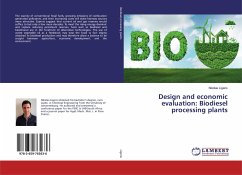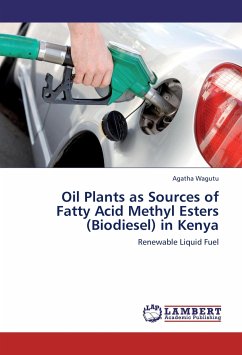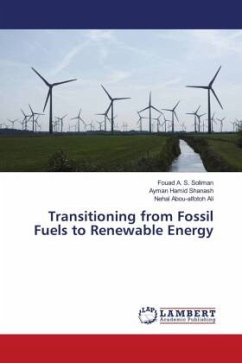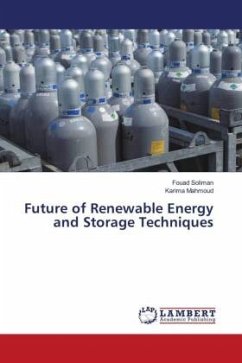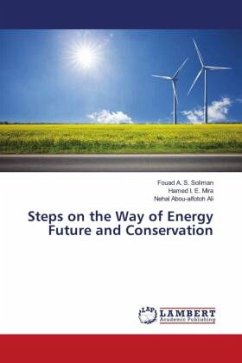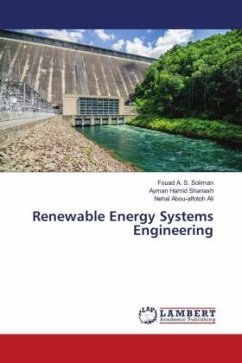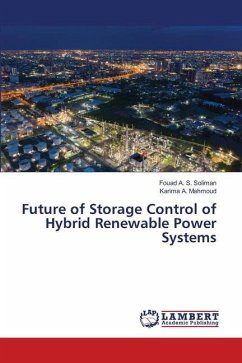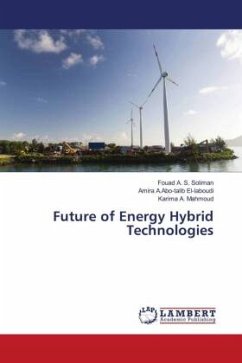The scarcity of conventional fossil fuels, growing emissions of combustion generated pollutants, and their increasing costs will make biomass sources more attractive. Experts suggest that current oil and gas reserves would suffice to last only a few more decades. To meet the rising energy demand and replace reducing petroleum reserves, fuels such as biodiesel and bioethanol are in the forefront of alternative technologies. The use of waste vegetable oil as a feedstock may ease the food vs fuel stigma attached to biodiesel production and may therefore allow a balance to be sought between agriculture, economic development, and the environment.
Bitte wählen Sie Ihr Anliegen aus.
Rechnungen
Retourenschein anfordern
Bestellstatus
Storno

